Zero Shadow Day
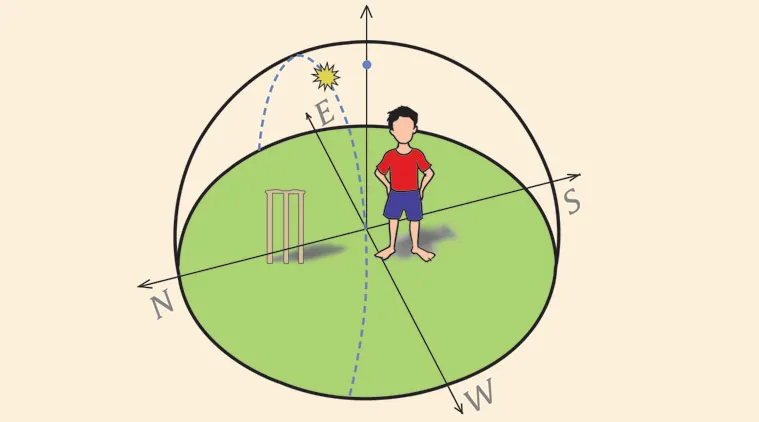
- 22 Apr 2024
Why is it in the News?
A group of students was provided a first-hand experience of the Zero Shadow Day (ZSD) phenomenon at an event organized by the Pondicherry Science Forum (PSF).
What is Zero Shadow Day?
- Zero Shadow Day occurs twice every year in locations between the Tropics of Cancer and Capricorn, where the Sun is positioned directly overhead at noon.
- The shadow typically appears elongated on the ground while being observed under normal circumstances.
- However, when the shadow perfectly aligns under the object, during a short period of time, it remains absent on the ground.
- This happens when the sun reaches the zenith, its highest point of revolution.
- The dates of the occurrence may vary depending on the specific location and its latitude.
Why does Zero Shadow Day occur?
- Zero Shadow Day is caused due to Earth's axial tilt of approximately 23.5 degrees and its orbit around the Sun.
- The Sun is never overhead causing it to maintain a slightly lower altitude either north or south.
- The tilting position is also responsible for different seasons on Earth.
- As the Earth orbits the sun, the angle at which the sun's rays hit the Earth's surface changes, causing shadows to be cast in different directions.
- In regions falling between the Tropic of Cancer (about 23.5 degrees north of the equator) and the Tropic of Capricorn (about 23.5 degrees south of the equator), there are instances when the Sun is exactly overhead.
- Since the sun's rays come down almost vertically, there is no or little shadow on vertical objects.
National Organ and Tissue Transplant Organization (NOTTO)
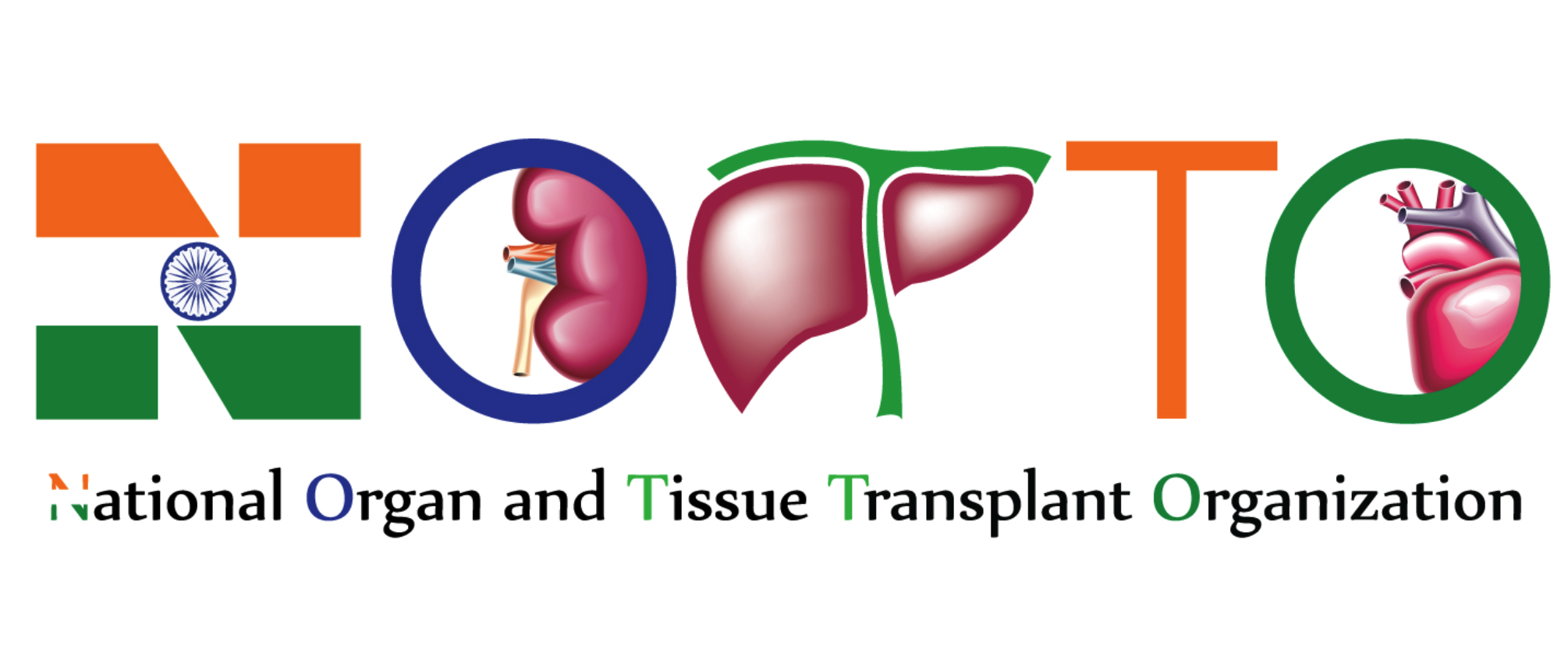
- 22 Apr 2024
Why is it in the News?
Each organ transplant case will receive a distinctive National Organ and Tissue Transplant Organisation (NOTTO) ID assigned to both the donor and the recipient.
Highlights of the News:
- The Union Health Ministry has mandated the cessation of commercial organ transactions, particularly those involving foreign nationals, and emphasized the need for stringent oversight by local authorities.
- For deceased donor transplants, a NOTTO-ID is required for organ allocation, while in living donor transplants, the ID must be generated within 48 hours post-surgery through the NOTTO website by the hospital.
What is the National Organ and Tissue Transplant Organization (NOTTO)?
- NOTTO is a national organization established under the Directorate General of Health Services, Ministry of Health and Family Welfare, Government of India.
It serves as the central coordinating hub for:
- Organ and tissue procurement and distribution.
- Maintaining a registry of organ and tissue donation and transplantation activities across the country.
NOTTO comprises two divisions:
- National Human Organ and Tissue Removal and Storage Network:
- Acts as the primary center for nationwide coordination of organ and tissue procurement, distribution, and registry.
- Established in accordance with the Transplantation of Human Organs (Amendment) Act 2011.
- National Biomaterial Centre (National Tissue Bank):
- This center focuses on filling the gap between demand and supply while ensuring quality assurance in tissue availability.
- The Transplantation of Human Organs (Amendment) Act 2011 has expanded NOTTO's scope to include tissue donation and registration of tissue banks.
Activities performed by NOTTO include:
-
- Coordinating tissue procurement and distribution
- Donor tissue screening
- Tissue removal and storage
- Tissue preservation
- Laboratory screening of tissues
- Tissue tracking
- Sterilization
- Record maintenance
- Data protection and confidentiality
- Quality management in tissues
- Patient information on tissues
- Developing guidelines, protocols, and standard operating procedures
- Training and assistance in registering other tissue banks
BFI Biome Virtual Network Program
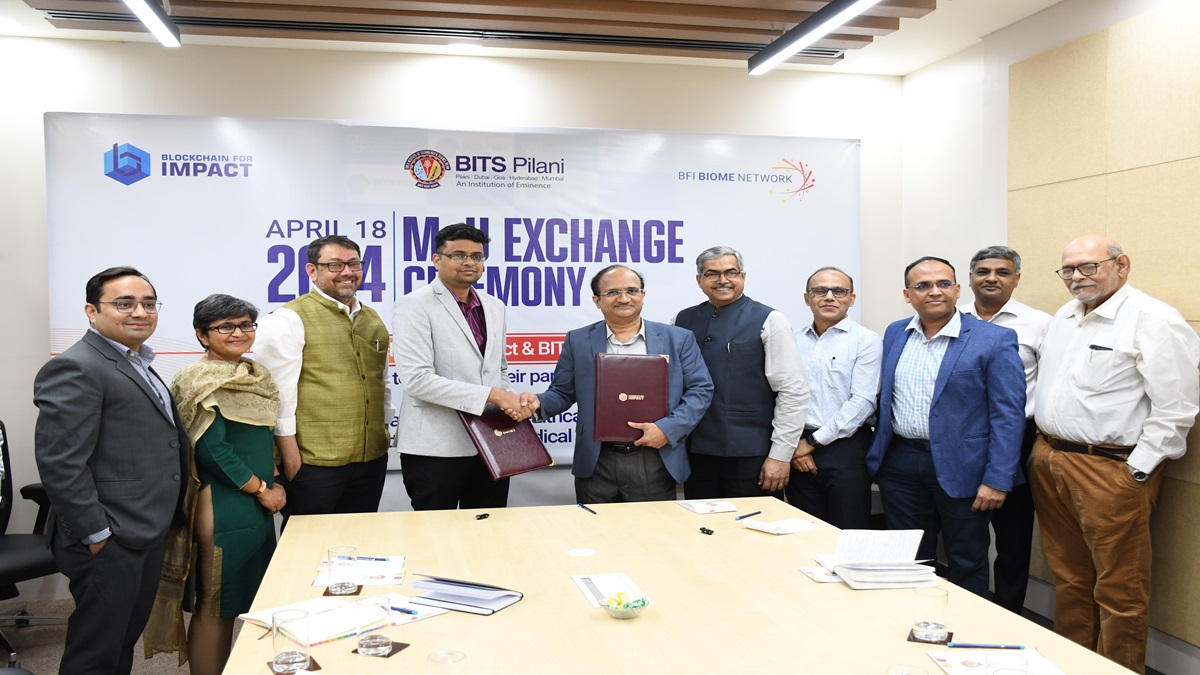
- 22 Apr 2024
Why is it in the News?
Centre for Cellular and Molecular Platforms (C-CAMP) has joined the Blockchain for Impact (BFI) Biome Virtual Network Program to accelerate transformative healthcare solutions through biomedical innovation.
About BFI Biome Virtual Network Program:
- The BFI-Biome Virtual Network Program is a pioneering initiative uniting incubators and research institutes under a single umbrella.
- This fosters collaborations among the stakeholders in the translational pipeline, the process of transforming research discoveries into real-world applications.
- Through this program, BFI will allocate over 200,000 USD over the course of three years, leveraging C-CAMP’s expertise to develop essential programs for healthcare-based startups.
- C-CAMP being an organization to foster deep science research and innovation for societal impact, the goals and mandates of both partners naturally align and complement each other.
- The partnership is expected to blur disciplinary boundaries in approaching biotech R&D, promote cross-integration of expertise and infrastructure, and provide multidisciplinary insights into need identification, problem-solving, and solution implementation.
What is C-CAMP?
- Centre for Cellular And Molecular Platforms (C-CAMP) is an initiative of the Dept of Biotechnology, Ministry of Science and Technology, Govt. of India, with a mandate to be an enabler of cutting edge Life Science Research and Innovation.
- C-CAMP is also a member of the Bangalore Life Sciences Cluster (BLiSC).
- It facilitates Bioscience Research and Entrepreneurship by providing Research, Development, Training, and Services in state-of-the-art Technology Platforms.
- As a part of C-CAMP's mandate of promoting entrepreneurship and innovation, C-CAMP has created and fostered an entrepreneur-friendly culture in and around the Academic/Research environment through its involvement in Seed Funding Schemes for Startups, Entrepreneur Mentorship program, and Bio-Incubation facility.
- It has established State-Of-The-Art Platform Technologies which are essential requirements for success and leadership in the field of Life Sciences.
- C-CAMP allows Investigators to use Techniques as tools and not be limited by Technological barriers while pursuing challenging scientific questions.
Global Financial Stability Report (GFSR)
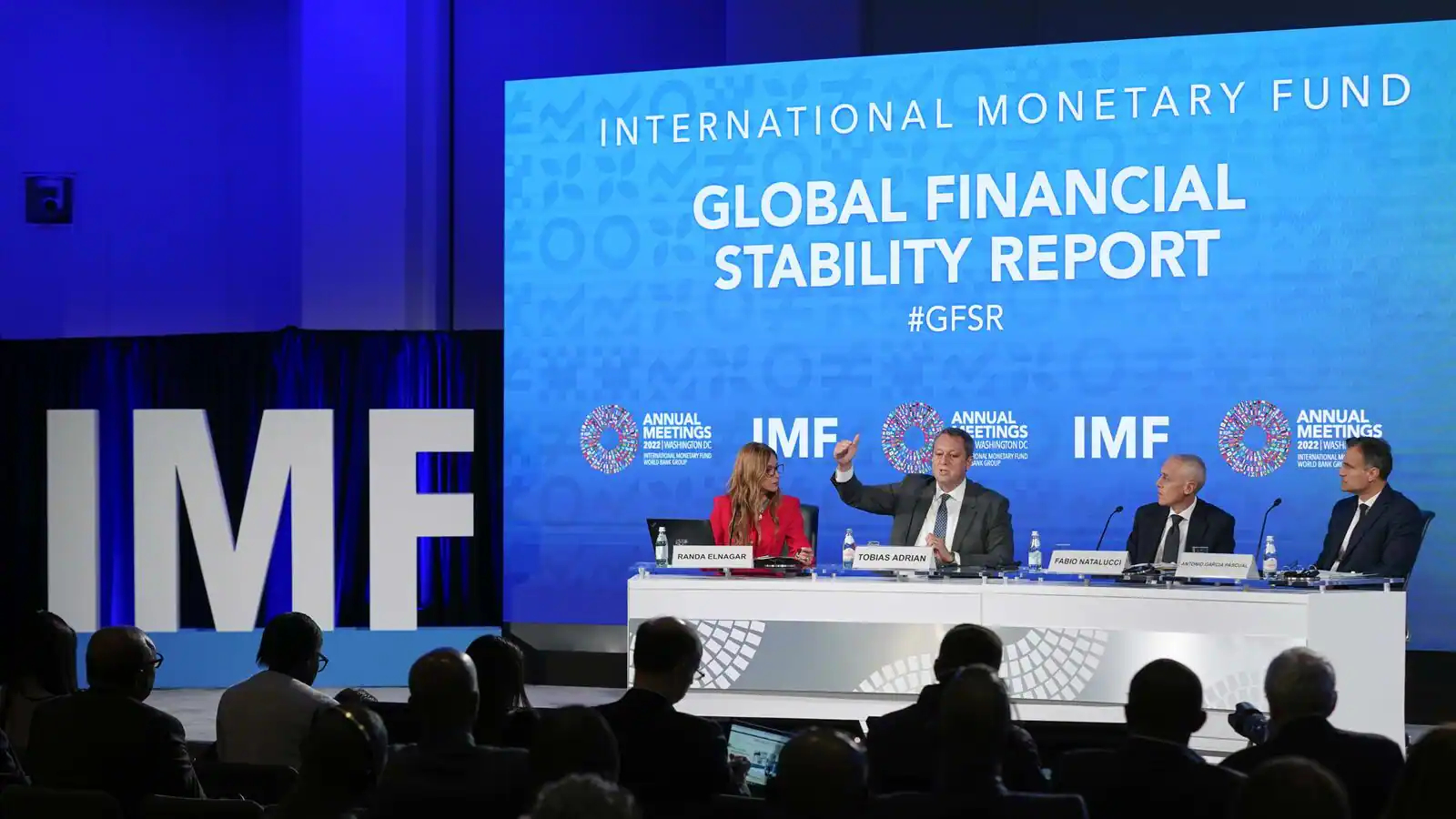
- 22 Apr 2024
Why is it in the News?
The International Monetary Fund (IMF) released the latest global financial stability.
About Global Financial Stability Report (GFSR):
- The Global Financial Stability Report (GFSR) is a semiannual report by the International Monetary Fund (IMF).
- It is released twice per year, in April and October.
- The GFSR provides an assessment of the global financial system and markets and addresses emerging market financing in a global context.
- It focuses on current market conditions, highlighting systemic issues that could pose a risk to financial stability and sustained market access by emerging market borrowers.
Key Points from the Report:
- The report highlights significant risks facing the global financial system, including persistent high inflation, increased lending in unregulated credit markets, and a rise in cyber-attacks targeting financial institutions.
- It underscores geopolitical tensions, such as conflicts in West Asia and Ukraine, as potential factors disrupting aggregate supply and driving up prices, possibly constraining central banks from lowering interest rates.
- India emerged as the second-largest recipient of foreign capital in 2023, following the United States, though this trend could shift rapidly if Western central banks signal prolonged high-interest rates.
- Of concern is the expansion of the unregulated private credit market, where non-bank financial institutions extend credit to corporate borrowers, posing potential threats to the broader financial system.
- Many borrowers in this market lack financial stability, with numerous entities unable to cover interest costs with current earnings, highlighting underlying risks.
World Earth Day 2024
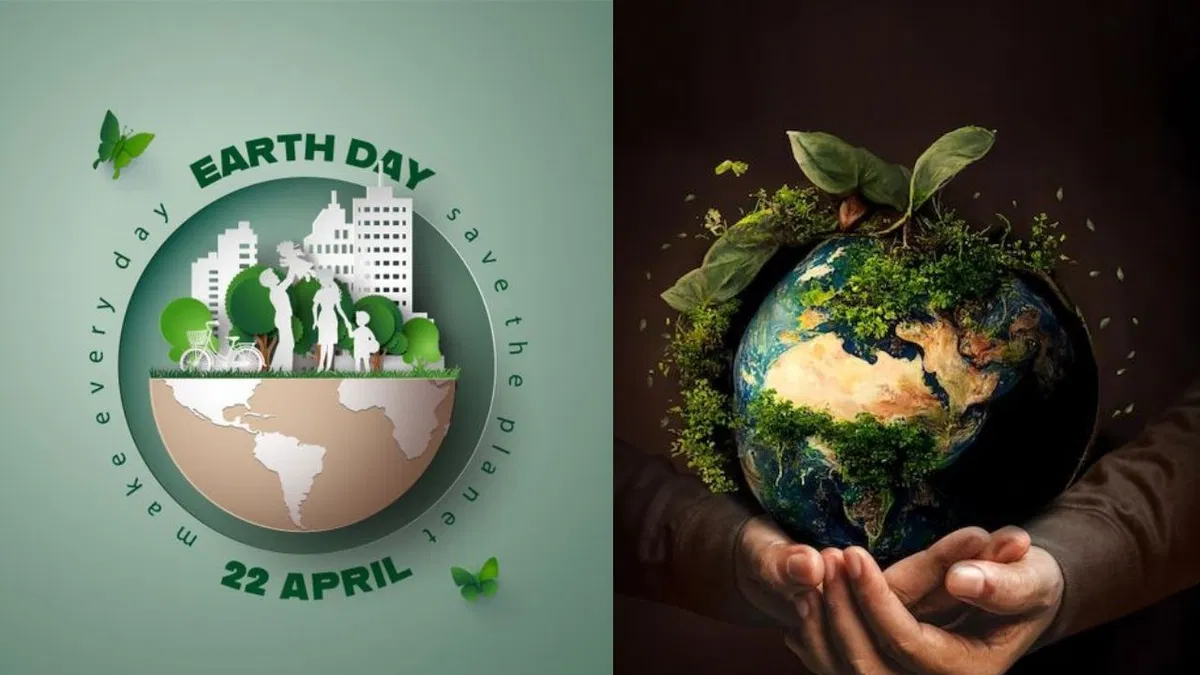
- 22 Apr 2024
Why is it in the News?
On World Earth Day 2024, a global network promoting local food and traditional cooking has called for practical measures to cut down on plastic use in the food chain and to safeguard the environment.
About World Earth Day:
- World Earth Day, also known as International Mother Earth Day, is a globally recognized event dedicated to raising awareness and promoting the sustainability of our planet.
- Earth Day is celebrated on April 22 in the United States and on either April 22 or the day the spring equinox occurs throughout the rest of the world.
- Theme: The theme for World Earth Day 2024 is “Planet vs Plastics”.
- The theme aims to bring attention to the serious issue of plastic pollution and how it harms nature.
Earth Day History:
- The origin of Earth Day can be traced back to 1970.
- The idea behind the event originated from Gaylord Nelson, a US senator, and Denis Hayes, a Harvard student.
- They were both deeply disturbed by the deteriorating environment in the United States and the massive January 1969 oil spill in Santa Barbara, California.
- Deeply disturbed by the environmental impacts, Gaylord Nelson wanted to infuse the energy of student protests into an emerging public consciousness about air and water pollution.
- He recruited Denis Hayes, a young activist, to manage the campus teach-ins and to scale the idea of environment conservation to a broader public.
- They choose April 22, a weekday between Spring Break and Final Exams, to increase student participation.
- Its immediate success was evident with a massive turnout of 20 million people across the US.
- By 1990, Earth Day became a global event transcending national borders.
Earth Day Significance:
- Earth Day symbolizes the need to protect our mother nature.
- The day encourages every individual to think about environmental conservation and act accordingly.
- It speaks about the need to reduce carbon footprints, conserve natural resources, and protect wildlife and natural habitats.
- The day also serves as a platform to advocate for policy changes that can have a positive impact on the environment.
